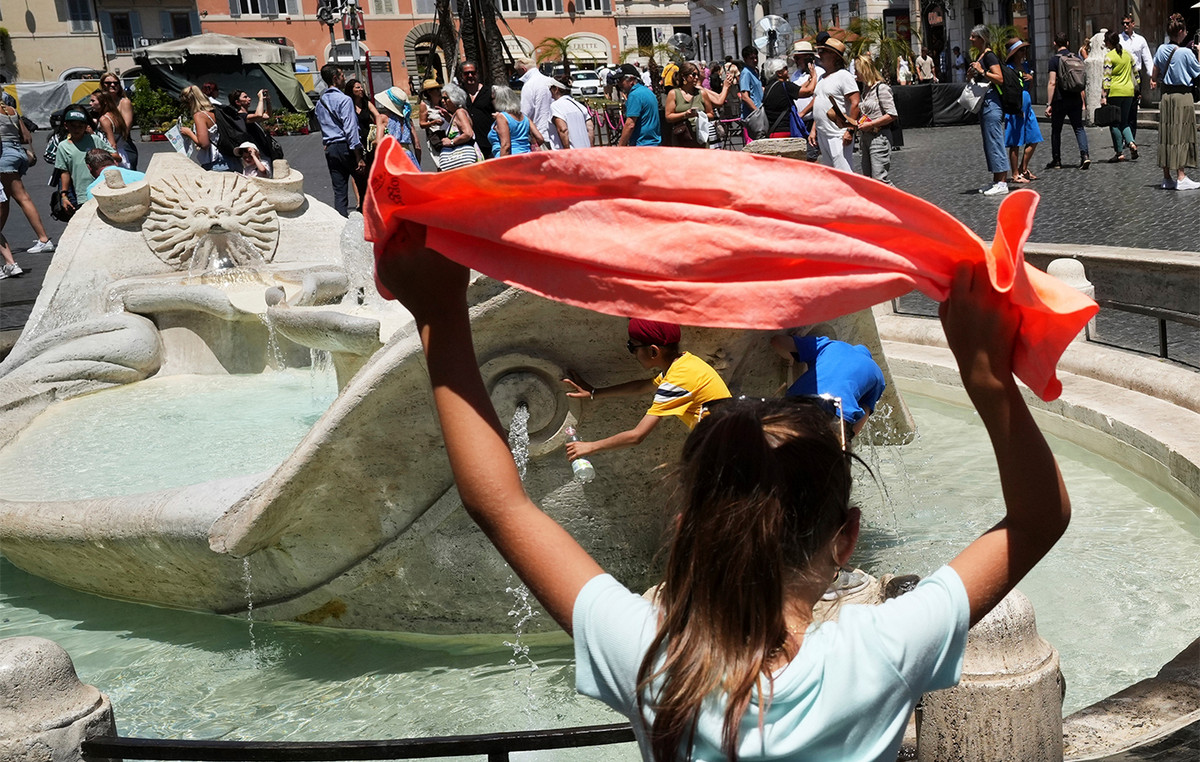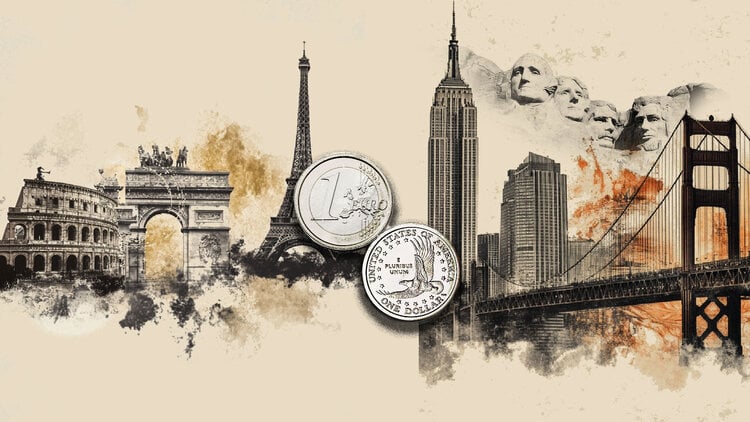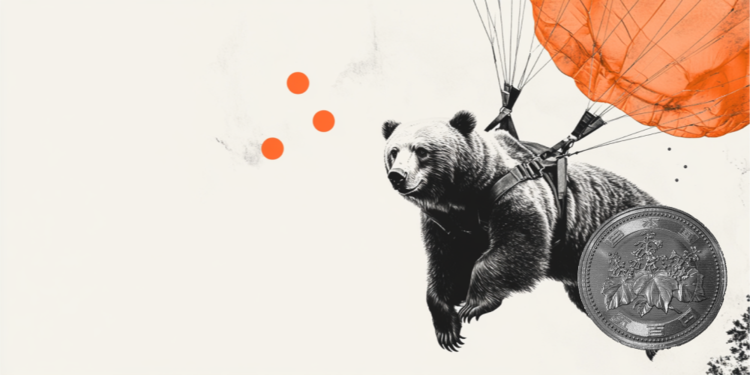With a year and a half to go before his term ends, Argentine President Alberto Fernández has a long list of problems he needs to solve in an attempt to end a political and economic crisis that has paralyzed the country.
What Argentines have seen is a dismantling of the government. The last – so far – to give up a position was the secretary of commerce, Roberto Feletti.
He is yet another ally of Vice President Cristina Kirchner to step down. In September last year, seven ministers delivered their resignation letter.
The current president faces two major obstacles in politics. The strong opposition, which supported former president Mauricio Macri, on the right, and a rift within Peronism – the party of which Fernández is a part. The wing loyal to Vice President Cristina Kirchner abandoned him.
“Political disputes have been harmful to the population insofar as there is no progress in the debate and implementation of policies that can bring social and economic growth and development to the population,” said political scientist Denilde Holzhacker.
Fernandez, a left-wing politician, was chief of staff to Cristina Kirchner, political heiress to husband Néstor Kirchner, president of Argentina from 2003 to 2007.

Fernández’s candidacy, with Cristina as vice president, was a union of forces to defeat Mauricio Macri, who was seeking reelection. The duo won, but the partnership did not last long, with disagreements between the two.
Now, the shock is worsening as Peronism loses strength in Congress.
Without support, the Argentine president is unable to advance in social measures and plummets in popularity, with 72% rejection.
Economic crisis
The political crisis is reflected in an external debt that only grows, in uncontrolled inflation and high unemployment. Today, almost 40% of Argentines are in poverty.
For economist Sergio Vale, “the big problem… The big difficulty is that they couldn’t find a way to fix it and exactly what to do with this inflation at this level. There would need to be some shock… some fiscal anchor specially placed to be able to bring this inflation expectation down. But there needs to be political strength for that to happen.”
The current government repeats an old formula to try to stop the rise in prices: increase the basic interest rate, which, today, in Argentina, reaches 49% a year – one of the highest in the world.
It is a vicious cycle.
Federal government measures to curb inflation impact industrial production, which generates unemployment and makes the average income of the population fall.
The practical effect is seen in the size of household debt: 73% of Argentine households are in the red.
This is the case with the Garcia family. Javier and Daniela took their four children out of private school so they could save money after he lost his job.
“The time came when we had to take them out because it started to get too expensive,” explained Daniela Rolon, who is a teacher.
Fernández’s government is now considering an old and ineffective remedy: freezing prices.
Forcing the non-adjustment of some products – such as the basic food basket – gives a certain momentary relief… And, in fact, it helps the poorest, but at some point the benefit ends, and then prices go up a lot and all at once.
“At some point, Argentines will have to go through a shock… A shock therapy, as we have seen so many times, in Latin America, because inflation at around 60%, as it is now, cannot be resolved with just traditional monetary and fiscal policy. We will need to have some kind of greater political agreement to make this shock therapy happen there”, said Vale.
The climate of fiscal instability is intertwined with the history of Argentina.
Proof of this are the 21 agreements that the country has already made with the IMF, the International Monetary Fund, since 1950, to obtain resources and settle internal debts.
The last loan was in 2018, in the amount of 57 billion dollars, when the country owed the IMF another 44 billion.
Upon taking office in December 2019, President Alberto Fernández suspended payments, which resumed this year.
“You don’t give the conditions for foreign investment, because Argentina already exists with a “country risk” of more than a thousand points, except for the first two years of the Macri government. In the last ten (years) she has not paid the debt because there were problems with the renegotiation. So any foreign investment in Argentina, you have to ask for much more, because you ask in Brazil, ask in Peru or Chile, or even in Uruguay”, analyzed Gustavo Pérego, a finance specialist.
“If you ask me how to define the Argentine today, I would define her as courageous. You have to be brave to go out to work, to go out and shop”, lamented Daniela.
Source: CNN Brasil
I’m James Harper, a highly experienced and accomplished news writer for World Stock Market. I have been writing in the Politics section of the website for over five years, providing readers with up-to-date and insightful information about current events in politics. My work is widely read and respected by many industry professionals as well as laymen.




![News and prognosis of the price of the pound sterling: GBP/usd bounces but it is still vulnerable [Video] News and prognosis of the price of the pound sterling: GBP/usd bounces but it is still vulnerable [Video]](https://editorial.fxsstatic.com/images/i/gbp-usd-001_Large.jpg)


